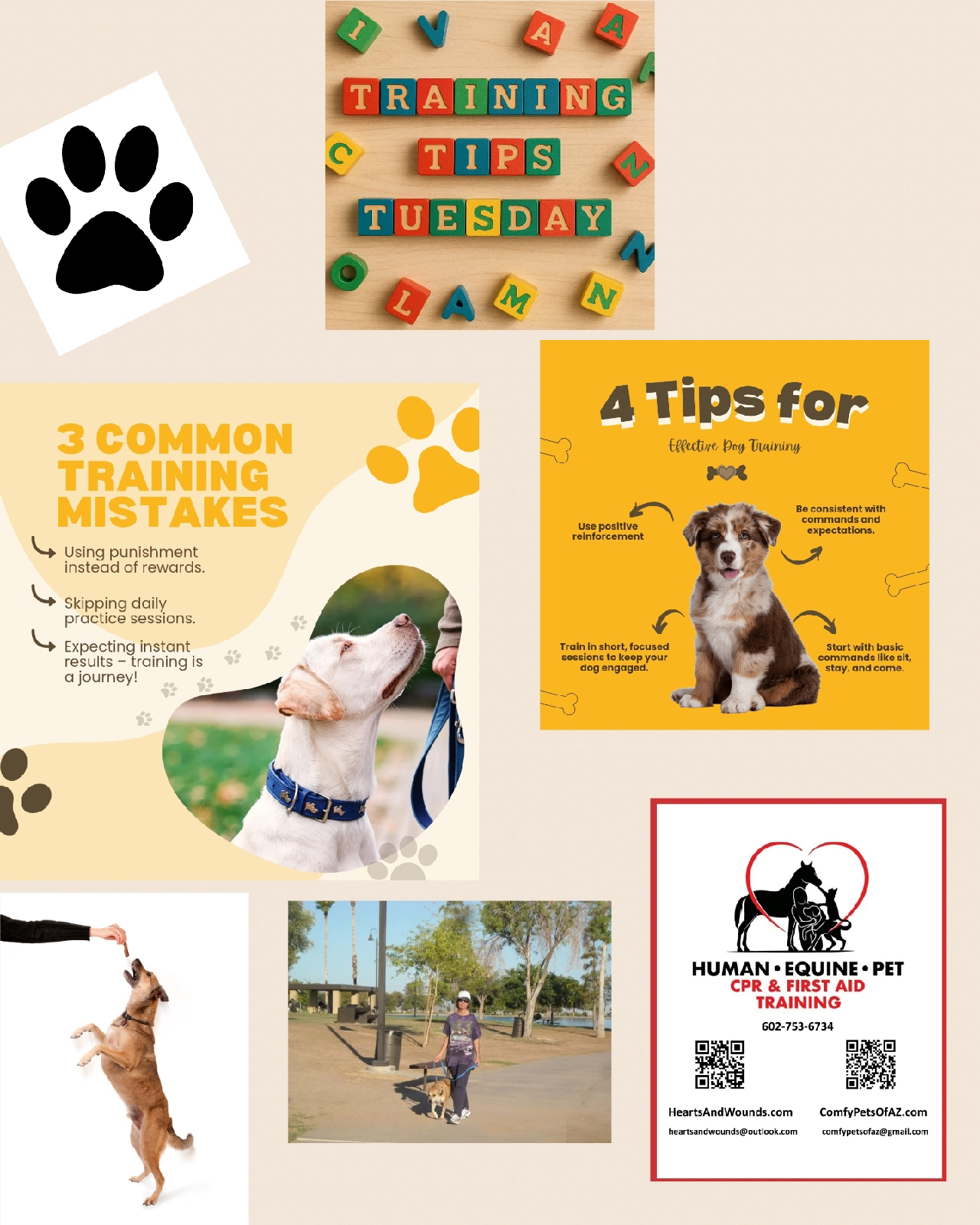Summer is definitely here in Arizona. It seems to get hotter and hotter as each summer arrives. I have to give kudos to those who work outside, including landscapers, construction & road crews, roofers, etc. My job brings me in the heat as well, as I am a horse & livestock caregiver. I start my day, taking care of the farms, as early as possible as it can reach 100° by 9 am.
Every summer, emergency crews across Arizona respond to hundreds of heat-related rescues on popular hiking trails. In the City of Phoenix alone, an estimated 200 hikers annually are rescued from the city's parks and preserves. Some rescues end with IV drips and shaded rest. Others, tragically, end in death.
There have been several hikers rescued in the last couple of months due to the extreme heat. I used to volunteer with the Phoenix Parks & Recreation Department, and I would be assigned to stand at a trailhead, making sure the hikers were prepared before they started. I still remember the time, a taxi pulled up to Camelback trailhead and dropped off two passengers, in which the female was wearing flip-flops. I stopped the taxi from leaving and asked the woman if she had any other shoes. She replied, "No, as they were here on vacation." I strongly advised that they not hike without the proper footwear. She said she was fine and sent the taxi away. They headed up the trail, but not more than 20 minutes later, they were back at the trailhead, and she avoided looking at me as she limped out in the parking lot.
Heat stroke occurs when the body temperature reaches 103° or above. Here is what happens when your body goes into heatstroke:
● Heat stroke can lead to confusion, disorientation, seizures, and even coma due to the brain's inability to function properly under extreme heat.
● The intense heat and lack of cooling can damage vital organs like the kidneys, liver, and heart, leading to organ failure.
● Heat stroke can cause muscle breakdown (rhabdomyolysis), releasing harmful substances into the bloodstream.
Shock:
● Your body goes into shock, which reduces blood flow and oxygen to organs (hypovolemic shock) can occur, further endangering the body.
● In severe cases, heat stroke can be fatal if the body's core temperature remains dangerously high for too long.
● Heat stroke can also worsen pre-existing conditions like heart or lung problems.
● Heat stroke can trigger sudden events like a heart attack or stroke.
● Heat stroke can cause neurological conditions, such as confusion, slurred speech, and loss of consciousness, which are all signs of heat stroke's impact on the nervous system.
Signs & Symptoms of Heat Stroke:
○ Extremely high body temperature (above 103°F or 40°C)
○ Red, hot, and dry skin (no sweating)
○ Rapid, strong pulse
○ Throbbing headache
○ Dizziness
○ Nausea
○ Confusion
○ Loss of consciousness
○ Seizure
What to do if you suspect someone is having a heat stroke:
● Call 911 (make sure you know your location).
● Remove the person out of the sun and into shade, if possible. If no shade is nearby, it's important to place your body where it will shade the person's head.
● Remove any excessive clothing to help with cooling.
● Apply ice packs, if available, to the neck, armpits, and groin areas.
● If no ice packs are available, use a cloth (or t-shirt) and soak in water and sponge the person.
● Never give fluids to a person who is struggling to breathe or is unconscious. Small sips of water are best, but only if the person is fully conscious.
● Monitor the person as you wait for EMS. It's always a good idea to write down notes to relay to EMS, as it will tell them if the patient is responding or getting worse.
● Once EMS arrives, give your notes and observation of the circumstances leading up to this point & EMS will take over care.
Remember, always be safe when out in this heat. Know your strengths and weaknesses when outdoors. Hydration is the key in this heat 🥵
My name is Teri Ann, and I am a Certified Human * Equine * Pet CPR & First Aid Instructor. I am a former EMT; WEMT, and trained through the Arizona Humane Society Emergency Animal Medical Technician Academy. I have been teaching for over 13 years.
Learn lifesaving skills by becoming the First Responder for humans and animals...you just may save a life!
We are looking for individuals or businesses to host our classes throughout AZ, or you can attend at one of our locations.
602-753-6734
Human:
http://www.heartsandwounds.com
Equine & Pet:
http://www.comfypetsofaz.com








